You can greatly boost your home's energy efficiency and comfort with three smart HVAC upgrades. First, install a smart thermostat to learn your habits and automatically adjust temperatures. Second, implement zoned heating and cooling to customize temperatures in different areas, potentially lowering utility bills by up to 30%. Third, upgrade to a high-efficiency HVAC system with impressive SEER and AFUE ratings for substantial energy savings. Look for options like heat pumps, geothermal systems, or ductless mini-splits. These upgrades not only enhance your comfort but also reduce your carbon footprint. Discover how these innovations can transform your home's climate control.
Smart Thermostats

In recent years, smart thermostats have revolutionized home temperature control. These intelligent devices offer a range of features that can notably improve your HVAC system's energy efficiency. Unlike traditional thermostats, smart models learn your habits and preferences, automatically adjusting temperatures to optimize comfort and energy savings.
You'll appreciate the convenience of controlling your home's climate remotely via smartphone apps. This allows you to adjust settings when you're away or heading home, ensuring your space is always comfortable without wasting energy. Many smart thermostats also provide detailed energy reports, helping you understand your usage patterns and identify areas for improvement.
Some advanced models integrate with other smart home devices and use geofencing technology. They can detect when you're leaving or approaching home, adjusting temperatures accordingly. You'll also find units that monitor humidity levels and air quality, providing a more thorough approach to indoor comfort.
When choosing a smart thermostat, consider compatibility with your HVAC system, desired features, and ease of use. Installation is often straightforward, but you may want to consult a professional for complex systems.
Zoned Heating and Cooling
Many homeowners find that zoned heating and cooling systems offer significant advantages over traditional HVAC setups. These systems divide your home into separate zones, each with its own thermostat and control. This allows you to customize temperatures in different areas of your house, optimizing comfort and energy efficiency.
With zoned heating and cooling, you'll no longer waste energy heating or cooling unused rooms. You can set lower temperatures in rarely used spaces while maintaining comfort in frequently occupied areas. This targeted approach can lead to substantial energy savings, potentially reducing your utility bills by up to 30%.
Installation typically involves adding dampers to your existing ductwork and installing multiple thermostats. While the initial cost may be higher than traditional systems, the long-term savings often justify the investment.
You'll also benefit from improved comfort, as family members can adjust temperatures to their liking in different zones.
Zoned systems work particularly well in homes with multiple stories, large open spaces, or rooms that are consistently warmer or cooler than others. They're also ideal if you have rooms with different usage patterns or occupancy schedules.
High-Efficiency HVAC Systems

Upgrading to a high-efficiency HVAC system can greatly reduce your energy consumption and utility costs. When shopping for a new system, look for models with high SEER (Seasonal Energy Efficiency Ratio) ratings for cooling and AFUE (Annual Fuel Utilization Efficiency) ratings for heating. These ratings indicate how efficiently the system converts energy into heating or cooling output.
Consider these high-efficiency HVAC options:
| System Type | Efficiency Rating | Benefits |
|---|---|---|
| Heat Pumps | SEER 18+ | Dual heating/cooling, ideal for moderate climates |
| Geothermal | COP 3.0-5.0 | Utilizes earth's constant temperature, very efficient |
| Ductless Mini-Splits | SEER 20+ | Zoned comfort, no ductwork required |
Don't forget to properly size your new system. An oversized unit will cycle on and off frequently, reducing efficiency and comfort. Undersized systems strain to meet demand, increasing wear and energy use. Have a professional perform a load calculation to determine the right size for your home. Pair your high-efficiency HVAC with a smart thermostat to optimize performance and save even more energy. Regular maintenance is essential to keep your system running at peak efficiency.
Frequently Asked Questions
How Often Should HVAC Air Filters Be Replaced?
You should replace your HVAC air filters every 1-3 months, depending on usage and household factors. If you've got pets or allergies, change them more frequently. Check filters monthly and replace when they're visibly dirty or clogged.
Can Smart HVAC Systems Be Integrated With Other Home Automation Devices?
Yes, you can integrate smart HVAC systems with other home automation devices. They'll work seamlessly with smart thermostats, voice assistants, and home hubs. You'll be able to control your HVAC system remotely and create automated routines for ideal comfort and efficiency.
What's the Average Lifespan of a Modern HVAC System?
You can expect your modern HVAC system to last 15-20 years on average. However, you'll find that proper maintenance and care can extend its lifespan. Regular servicing and timely repairs will help you get the most out of your system.
Are There Any Tax Incentives for Upgrading to Energy-Efficient HVAC Systems?
Yes, you'll find tax incentives for upgrading to energy-efficient HVAC systems. You can claim federal tax credits of up to $300 for qualifying systems. Some states and local utilities also offer additional rebates or incentives for your upgrade.
How Can I Improve Indoor Air Quality Alongside HVAC Energy Efficiency?
You can enhance indoor air quality and HVAC efficiency by installing high-quality air filters, using UV lights to kill microorganisms, maintaining proper humidity levels, and ensuring regular system maintenance. Don't forget to ventilate your home with fresh air regularly.
In Summary
You've now learned about three key HVAC upgrades that can greatly boost your home's energy efficiency. By implementing smart thermostats, zoned heating and cooling, and high-efficiency HVAC systems, you'll not only reduce your energy consumption but also save money on utility bills. Don't hesitate to consult with a professional to determine which upgrades are best suited for your home. With these improvements, you'll enjoy a more comfortable living space while minimizing your environmental impact.
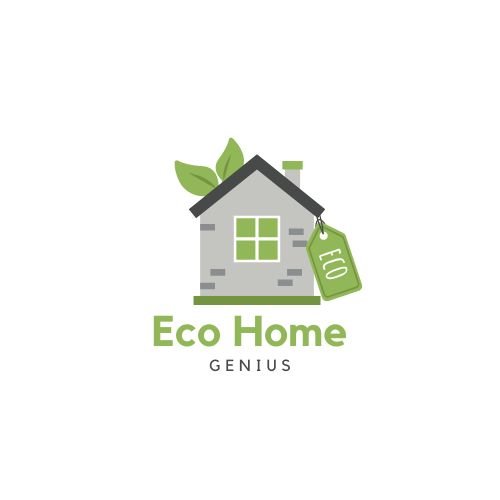
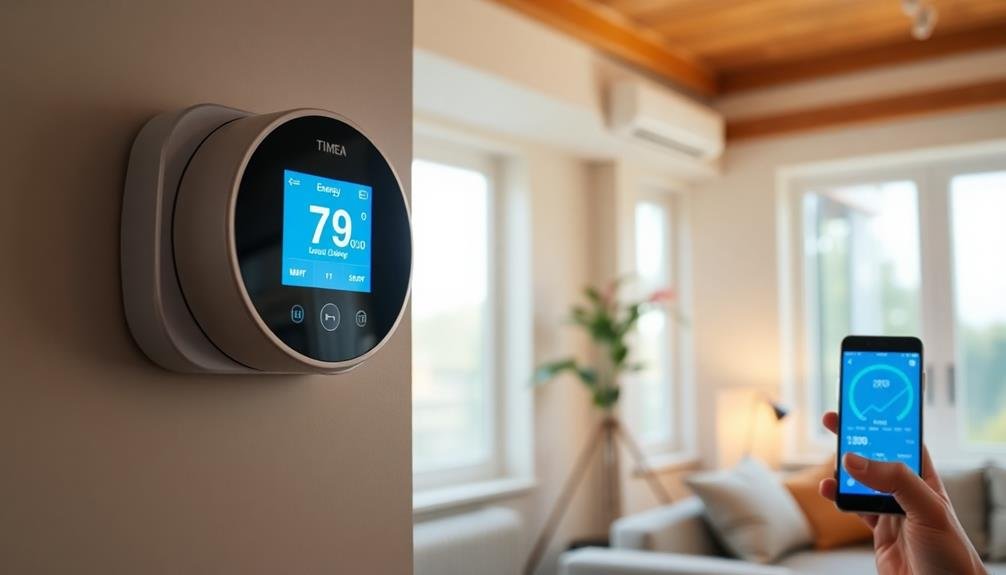
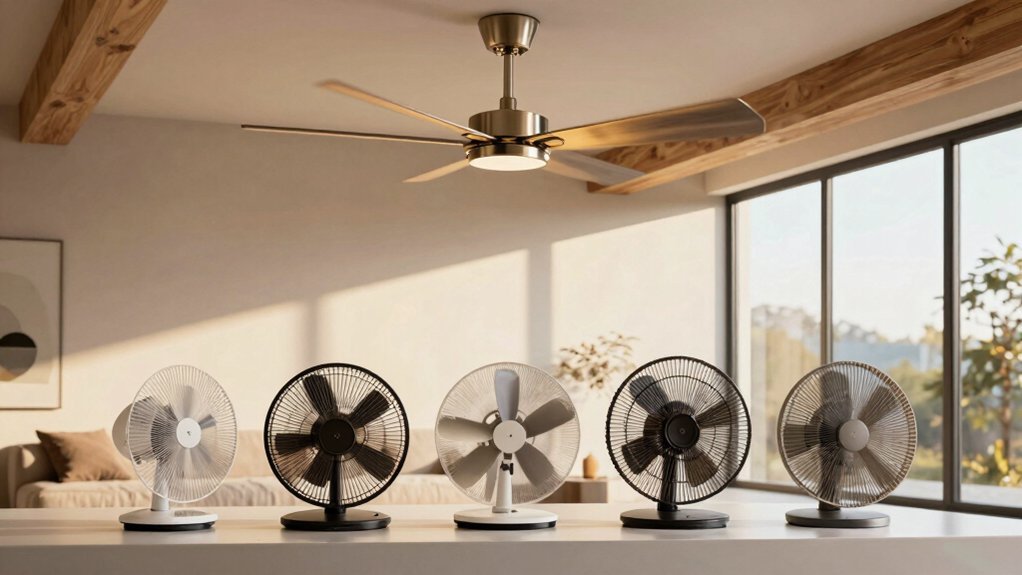
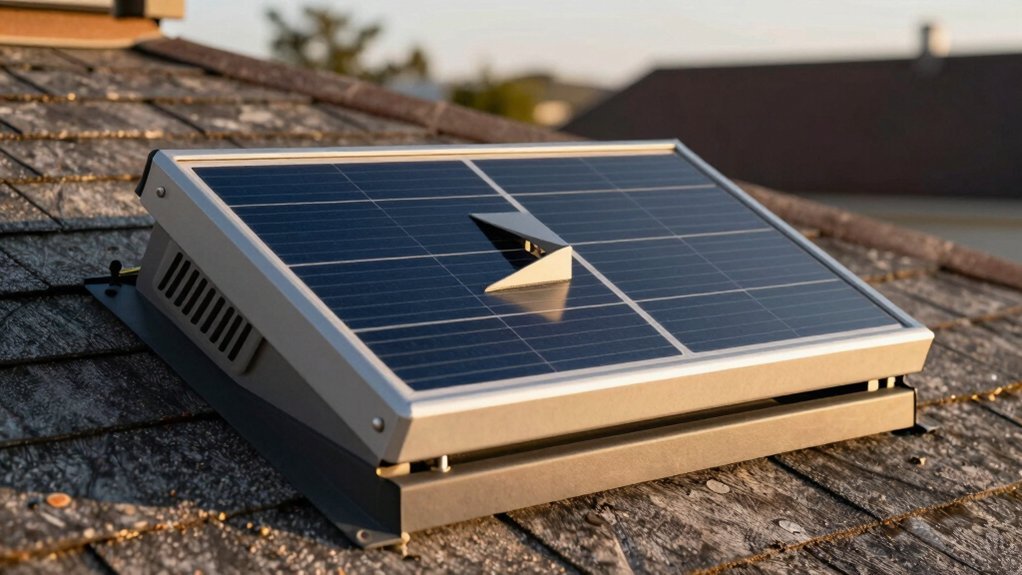
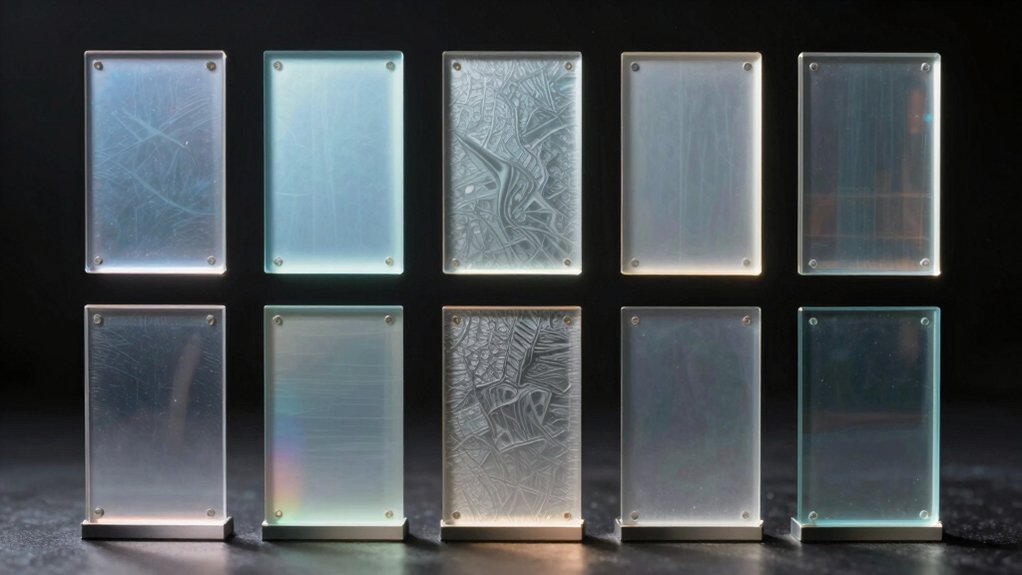
Leave a Reply